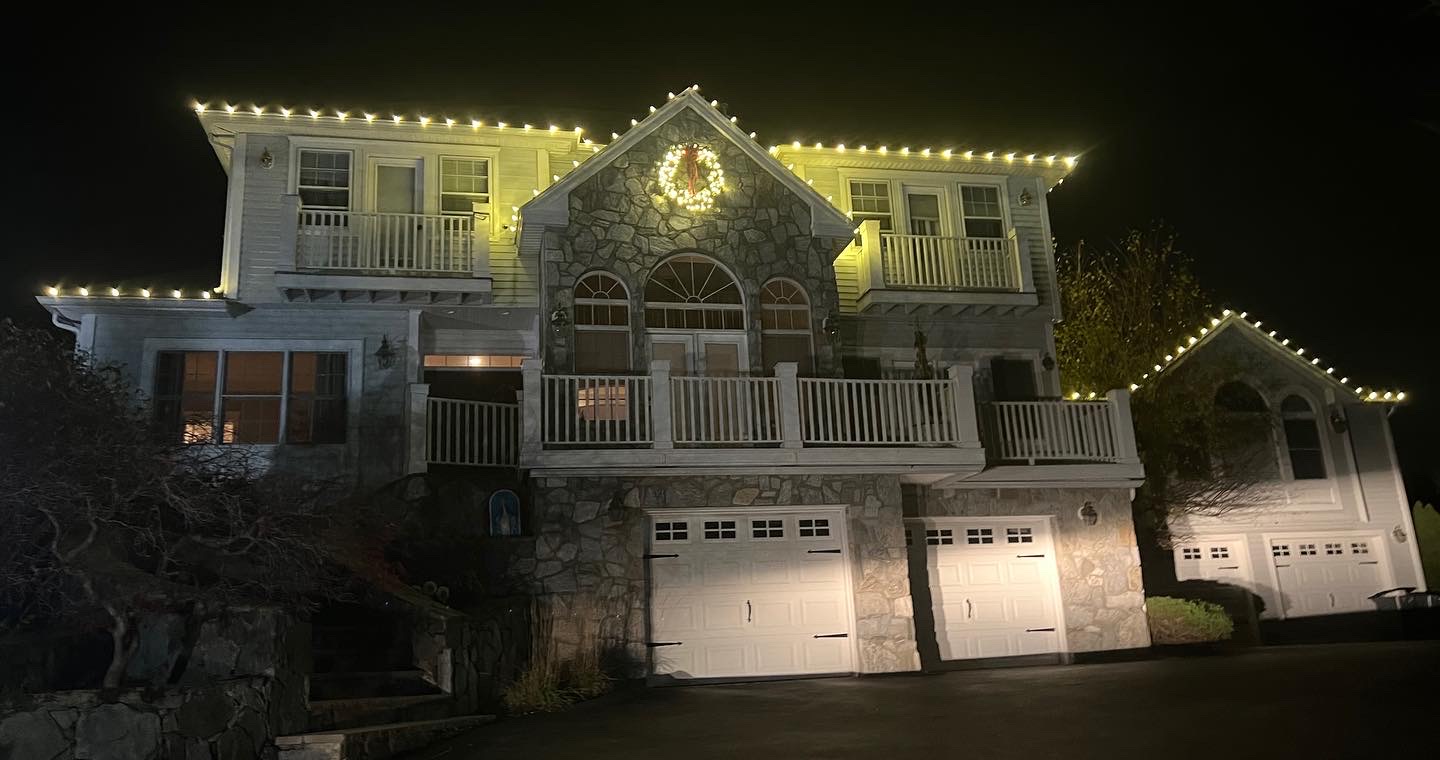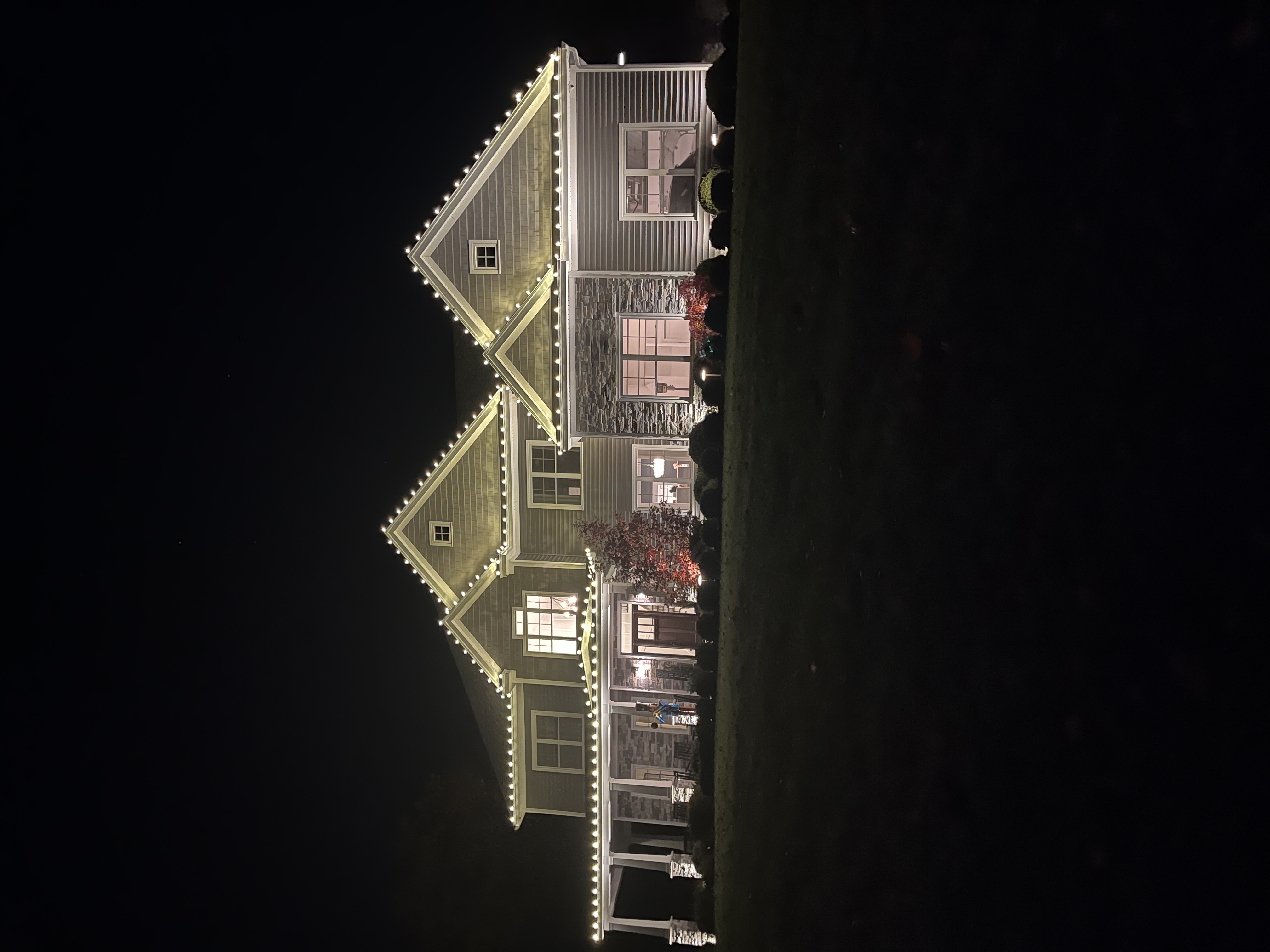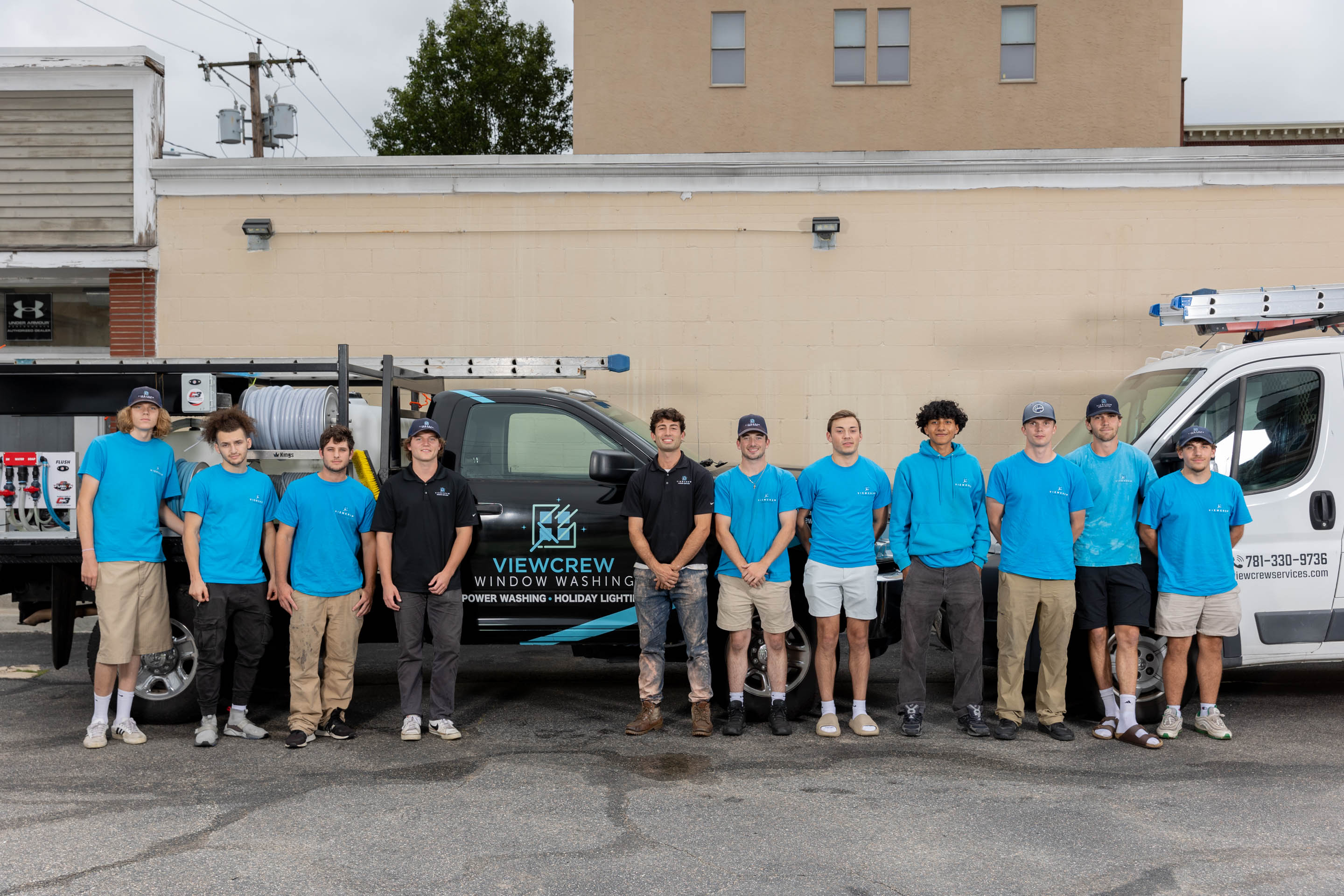
When you picture a charming New England home, you might envision a cozy roof gently shaded by towering trees. While this scene has undeniable charm, Massachusetts homeowners often overlook an underlying issue—moss, lichen, and algae growth on asphalt shingles. These green and black patches aren't just cosmetic concerns; they signify deeper, potentially harmful problems that could compromise the longevity and integrity of your roof.
What Exactly is Happening on Your Roof?
Moss – A Quiet Collector of Moisture
In Massachusetts, our damp and often shaded environment creates an ideal habitat for moss. Although moss might appear harmless, it acts much like a sponge, continuously soaking up moisture. When moss takes root on asphalt shingles, it traps water against the surface, leading to prolonged dampness. This persistent moisture can eventually cause shingles to warp, curl, or even crack, allowing water to seep through and potentially damage the underlying roof structure and insulation.
Lichen – Small Organism, Big Problems
Lichen might seem small and unobtrusive, but its effect on your roof can be significant. It grows tightly against shingles, embedding itself firmly through tiny root-like structures. These structures can erode and loosen the protective granules on your shingles, weakening their integrity. Granules are crucial—they protect your roof from harmful UV rays and weather exposure. Without them, shingles deteriorate faster, shortening the life of your roof.
Algae – More Than Just Dark Streaks
Those dark, streaky stains on roofs, commonly mistaken for dirt, are actually colonies of algae. Algae, especially the common strain called Gloeocapsa magma, feeds off the limestone filler present in many asphalt shingles. This gradual erosion diminishes your shingles' strength and durability. Additionally, darker roofs absorb more sunlight, raising attic temperatures and increasing energy consumption as your cooling system works harder to compensate.
Why Prompt Action Matters
Delaying roof maintenance might seem harmless, but procrastination can quickly escalate minor problems into significant, costly repairs. Moss, lichen, and algae can quietly deteriorate your roof until you're faced with leaks, structural damage, or even the necessity of an entire roof replacement. Insurance providers may also hesitate to cover roof damages attributed to prolonged neglect, potentially leaving you responsible for expensive repairs.
Moreover, the visual appeal of your home matters significantly, especially in real estate. Prospective homebuyers might view a mossy, algae-covered roof as an indication of neglected maintenance, potentially lowering your home's perceived value and attractiveness.
The Massachusetts Climate Factor
Massachusetts experiences humid summers and snowy winters—perfect conditions for organic growth. Roofs here typically endure seasonal cycles of moisture accumulation and freeze-thaw effects, exacerbating any existing issues caused by moss, lichen, and algae. Regular professional cleaning helps maintain the structural integrity of your roof and extends its lifespan despite these challenging conditions.
The Importance of Professional Roof Cleaning
Regular professional roof cleaning is one of the simplest yet most effective measures you can take to protect your home. Specialists use safe and proven methods such as soft washing, which thoroughly removes moss, algae, and lichen without harming your shingles. Additionally, professional treatments typically include protective solutions that help prevent future growth, ensuring your roof remains healthy and resilient for years to come.
Professional roof cleaning doesn't just solve the problem at hand—it prevents future issues, potentially saving thousands of dollars in unnecessary repairs or replacements.
Final Thoughts
While a little moss or a few dark streaks might seem minor, they indicate underlying threats to your home's health and longevity. For Massachusetts homeowners, proactive roof care isn't merely advisable—it's essential.







